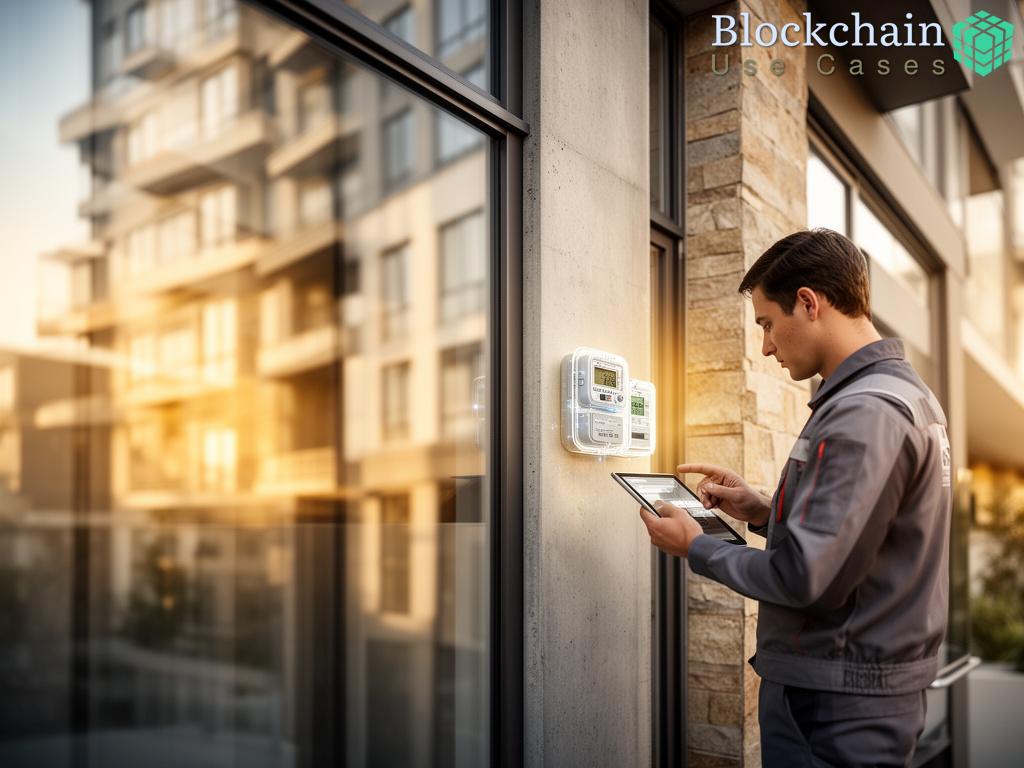Understanding Smart Contracts in Real Estate
Imagine a world where your rental agreements are not only digitally signed but also automatically executed without the need for intermediaries. This is the promise of smart contracts, a revolutionary technology that is transforming tenant deposit management. Smart contracts are self-executing agreements with the terms of the contract directly written into code. They operate on blockchain technology, ensuring transparency, security, and efficiency. This innovation is not just a trend—it’s the future of rental transactions.
The Benefits of Smart Contract-Based Systems
Implementing smart contracts in tenant deposit management offers several compelling advantages. These systems eliminate traditional hassles associated with rental deposits, such as disputes over the return of the deposit or delays in processing refunds. By using blockchain, all transactions are securely logged, and both landlords and tenants have access to a transparent record. Below are some key benefits:
- Enhanced Transparency: All parties can verify transactions, reducing the likelihood of disputes.
- Automated Processes: Refunds and deposits are processed automatically based on pre-agreed conditions, saving time and reducing human error.
- Security: Blockchain technology protects sensitive information and prevents fraud.
- Cost Efficiency: By cutting out middlemen, both landlords and tenants save on administrative costs.
Challenges and Considerations
While the benefits of smart contract-based tenant deposit management are immense, it’s essential to consider the challenges that come with this technology. The adoption of any new system requires education and trust from all parties involved. Landlords must understand how to create and manage smart contracts, while tenants need to be familiar with this technology to ensure they are protected. Moreover, legal frameworks around smart contracts are still evolving, which may impact their enforceability in various jurisdictions. As we move forward, collaboration between technology developers, landlords, and regulatory bodies will be crucial to address these challenges and unlock the full potential of smart contracts in real estate.





